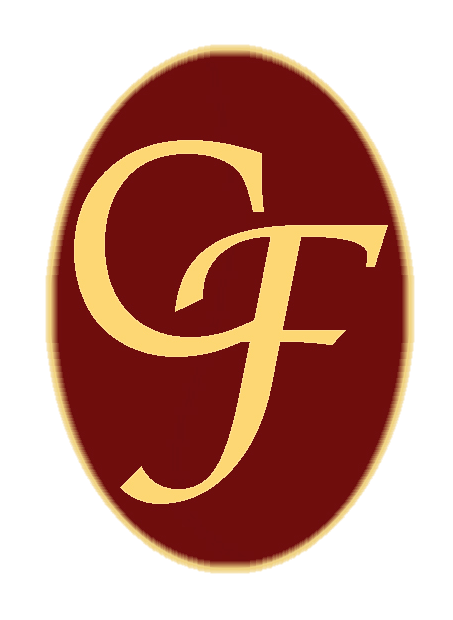Dionysian Revival – The Bacchae & Lord of the Flies
Gil Bailie’s 1994 series entitled the Dionysian Revival examines the 5th century BC Greek drama The Bacchae by Euripides as well as the 20th century novel Lord of the Flies by William Golding. It is interesting to note that The Bacchae reflects aspects of the historical reality of Athens in the period it was performed. In the decades prior to the drama’s premier in Athens, the city had been ravaged by both war and pandemic causing great social upheavals and was accompanied by a revival of primitive ecstatic Dionysian religious rites. Euripides’ play exposes the powerful forces behind the seemingly benign god of wine, ecstasy and drama. The same forces that Fredrich Nietzsche and Richard Wagner celebrated in their respective works over two millennia later and have been ascendant in the West ever since. As an example of these influences the movie Cabaret, based on Christopher Isherwood’s Berlin Stories, is profiled.
In Lord of the Flies William Golding imaginatively explores how a group of British schoolboys stranded on an uninhabited island with no adults during a time of war might organize themselves. Golding’s anthropological assumptions, without any influence from René Girard, show the power of sacrifice and the sacred in the incipient society around which the boys coalesce.



